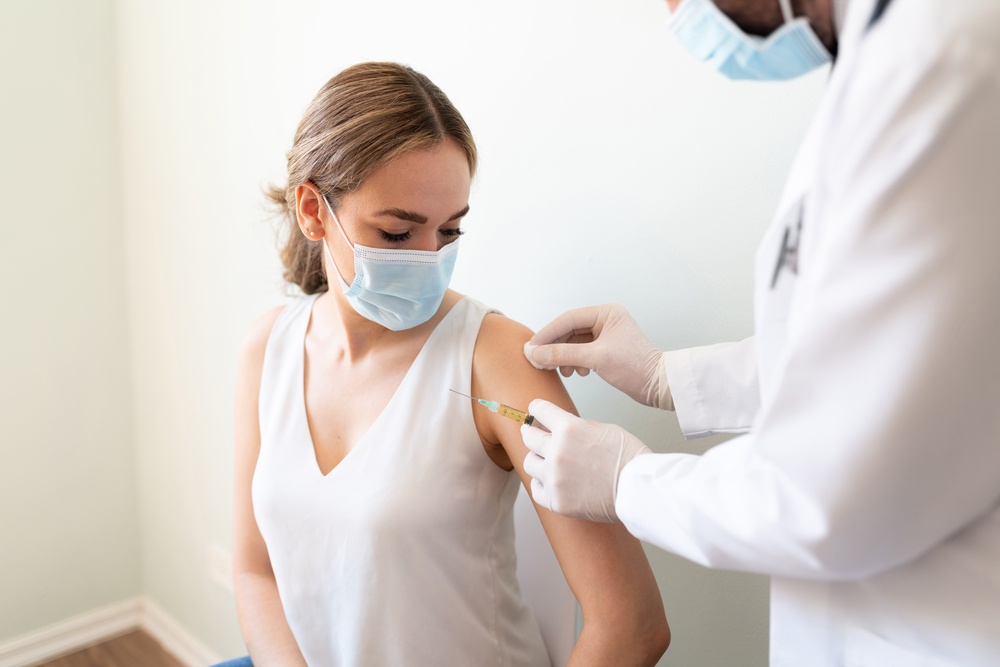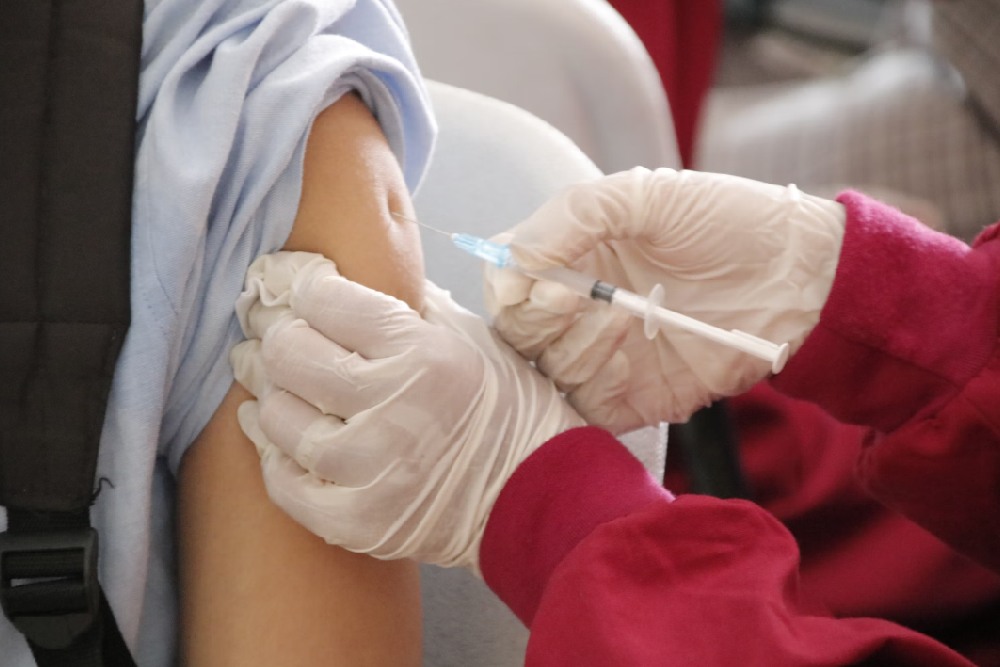

Many healthcare facilities are opening mobile medical clinics. One of the top five common services delivered is immunization. So, what are the benefits of using mobile medical coaches for vaccination programs?
Healthcare facilities and the government always prioritize vaccination against various infectious diseases. Mobile clinics make the process easier. Plus, they are capable of reaching a wider patient group.
Let’s find out what are the advantages of mobile clinic vaccination services for both the healthcare facilities and the community they serve.


Table of Contents
The invention of mobile medical coaches has revolutionized the way healthcare facilities improve overall patient health. Its main goal is to make vaccines more accessible to vulnerable groups. The rolling clinics can also be used to spread awareness about the importance of vaccination.
Having this in mind, the benefits of using mobile medical coaches for vaccination programs cover both healthcare facilities and the community.
So, what are the perks of using mobile clinics for vaccination drives? The healthcare system and facilities have multiple benefits of using mobile clinics for immunization.
Firstly, healthcare facilities might reduce their potential costs. Generally, mobile clinics require a lower initial investment compared to fixed physical locations. Instead of setting up and maintaining large permanent facilities for immunization, healthcare facilities can make a one-time investment in building a mobile clinic.
Furthermore, the maintenance expenses are typically lower for mobile clinics. Compared to fixed clinics, mobile coaches for vaccination have to pay less clinic running costs such as water and electricity. Also, a mobile health clinic for vaccination requires a lower budget for cleaning, repairs, furniture and equipment.
In a nutshell, less overall expenses for the same objective.
When it comes to improving public health, healthcare facilities are responsible for educating communities. Thus, besides treating patients, mobile clinics focus on preventive care and education.
But how do mobile health units improve immunization outreach?
Mobile clinics are one of the most effective ways to deliver vaccines to difficult-to-reach populations. By facilitating direct interaction with communities, the mobile clinic staff can educate people about the importance of vaccination. In addition, some mobile clinics do research and then plan their immunization outreach program.
The advantages of mobile clinics for vaccination efforts and education might include:
One of the benefits of using mobile medical coaches for vaccination programs is attracting new patients to the fixed hospital. Mobile units are an excellent way to promote the hospital’s work and build relationships with people outside of the area where the facility is located.
Once people have a positive experience with the mobile vaccination program, they will likely visit the main site when they need medical treatment or interventions. In simple words, the mobile coaches for vaccinations are brand image on wheels.
Compared to other vaccination settings, mobile clinics are highly adaptable. Because of their mobility, they can easily respond to outbreaks. In addition, mobile units with vaccination programs can redirect their focus to areas that require immediate attention.
For instance, if there is an area where there is a flu outbreak, the mobile medical coaches can act immediately. Hence, it will be more convenient for people to get a shot in their neighborhood.
Mobile medical coaches with vaccination can also be used for partnering with other organizations. Most commonly, mobile units partner with schools to provide vaccination to the children. This is especially useful before school starts, and children need to get their pre-school vaccinations.
The community has the greatest benefits of the medical coaches for vaccination programs.
First and foremost, the vaccination process is made easier with medical coaches. Since many communities face difficulties accessing traditional healthcare facilities, the mobile coaches bring the vaccination programs closer to them.
In addition, the mobile vans have working hours that are adjusted according to the community’s needs. Besides their flexible hours, people don’t need to travel long distances to get vaccinated because the mobile clinic goes to them.
The harsh truth is that uneducated people are living in the US. However, that doesn’t change their right to proper health care and immunization.
Through mobile units’ education and vaccination programs, vulnerable groups can make informed decisions about their health. By being properly educated, chances are that the spread of diseases and severe illnesses in such communities will be reduced.
The medical professional can easily personalize the approach to the vulnerable groups. The acceptance of vaccines might increase by addressing people’s concerns and raising awareness about the importance of vaccines.
Using mobile units for vaccination sure has its advantages, but the limitations shouldn’t be underestimated. The first challenge is finding a company to build the medical van. Just like the fixed hospitals, mobile units for vaccination must be built according to the latest CDC and HHS standards.
The mobile medical coach should allow uninterrupted vaccine administration. Most importantly, proper storage space should be maintained at the required temperature.
Another challenge is its capacity. Mobile units with vaccination programs have limited space and a couple of trained personnel. Hence, there might be times when the staff finds itself struggling to answer to the high demand and serve large populations.
Everybody can feel the benefits of using mobile medical coaches for vaccination programs. Healthcare facilities can use it as a cost-effective solution to increase the immunized population. They can easily break geographical barriers and enhance the accessibility of different types of vaccines.
As for the community itself, it will have the chance to stop disease outbreaks, increase vaccination rates, boost collective immunity and get education about the importance of vaccines.
In the relentless pursuit of entrepreneurial success, it’s easy to overlook the most vital asset—yourself.… Read More
A barrel sauna isn’t just a visually striking wellness addition—it’s an efficient and highly functional… Read More
Technology is an integral part of most teenagers' lives today. While devices and social media… Read More
LASIK is one of the most popular vision correction surgeries that offers you freedom from… Read More
Plumbing issues can arise unexpectedly, and understanding the costs involved is crucial for homeowners and… Read More
Skin aging is often associated with external factors like sun exposure and pollution, but inflammation… Read More